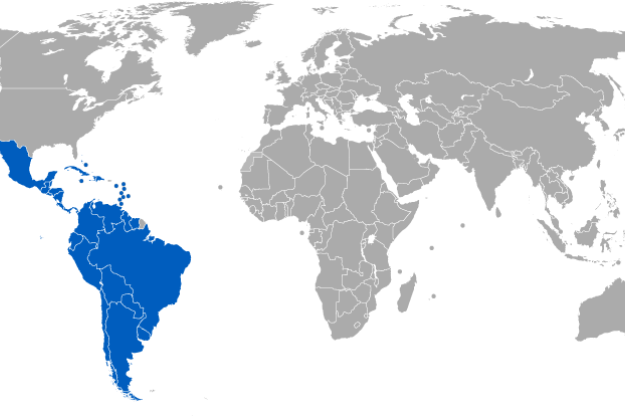
The Organisation for the Prohibition of Chemical Weapons (OPCW) has conducted a three-day National Authorities’ regional workshop in Latin America and the Caribbean on the training of national inspectors and escorts for OPCW Inspections. The workshop was held from 10 to 12 April 2007 in Buenos Aires, Argentina. The Twenty-five representatives of the following 21 National Authorities participated in this training workshop: Bolivia, Brazil, Chile, Colombia, Costa Rica, Cuba, Ecuador, El Salvador, Guatemala, Haiti, Honduras, Mexico, Nicaragua, Paraguay, Peru, Spain, Saint Lucia, Suriname, Trinidad and Tobago, Uruguay, and Venezuela.
The workshop concluded with an inspection exercise in a DOC (discrete organic chemical) facility. The plant Pilar from the ATANOR S.A. group was selected for the exercise. The group has five facilities in Argentina. The Pilar plant was constructed in 2000 and was most recently inspected in 2004. ATANOR S.A. was the first Argentine chemical enterprise to receive an OPCW on-site inspection, which occurred in 2000.
During the workshop participants were introduced to the procedures and requirements for chemical industry inspections under the Chemical Weapons Convention (CWC). Participants were also made aware of the procedures involved in sampling and analysis conducted during Schedule 2 inspections. This workshop also enabled the representatives of the National Authorities to discuss the role of each of the parties involved in an inspection, including the role of the team leader, the inspectors, the National Authority and the plant personnel. They also received a pre-inspection briefing. States Parties that are planning to train escorts and national inspectors gain the necessary knowledge and expertise on the methods involved in organising a CWC inspection through this forum.
A CWC National Authority is vitally important partner in ensuring the effective implementation of the CWC within each State Party’s national jurisdiction. The OPCW’s 182 States Parties cooperate with global chemical industry to ensure that chemicals are not used or produced for purposes that are prohibited under the CWC.
PR26 / 2007
